Recipe - Baking soda
- White vinegar
- Boiling water
One of the things I hate the most about apartments are clogged drains. They always happen, no matter what you do. I also have no idea how so much two foot long hair gets down in the drains, mine certainly isn't that long. There are many products, each more caustic than the other, that you can use to clean out these drains, and they can do wonders if your drains are first world high quality drains. Of course, not all drains in first world countries are high quality or first world level. I still remember pouring a bottle of Draino down a drain in a house in California, United States and having the pipes in the wall dissolve and leak. Since I started travelling the world, I have seen drains in even worse shape. There is also a danger of the drain cleaner not working and leaving a sink or shower full of hazardous caustic chemicals. Most plumbers I've met will refuse to work on a drain if you've used drain cleaner. There is a method to clean drains that is safer on pipes and doesn't have the dangers of caustic chemicals. I originally found it on some of those crunchy eco-hippy sites, but it does usually work ( Bob Vila convinced me to try it). It's also good as a monthly maintenance clean. - Baking soda
- White vinegar
- Boiling water
- Pull out as much of the clog as you can.
- Pour a generous amount of baking soda in the drain.
- Pour a generous amount of white vinegar in the drain.
- Block the drain with a rag so the bubbles don't get out.
- Repeat steps 3 and 4 until there is no baking soda left in the drain.
- Pour a large pot of boiling water down the drain.
One of the things I really hate about travelling is furnishing a new apartment when I don't know where to find stuff. You just arrived in the country, you're tired and/or jet lagged, you don't know the language, and you have to get your place livable in two days because classes or work start on the third day. What do you do? Living in Paris can be a fun experience after you find an apartment and finally make it comfortable. As a newcomer to this history steeped city, I knew neither where to find what I needed nor what places were good quality. It's taken me two years to discover where to shop for household stuff. The places here are where I now go.
| | Ikea Thiais is an excellent place to go if you need a lot of stuff. It is located just outside of Paris in the beautiful Thiais Village shopping centre. While it doesn't take that long to get to Ikea, Ikea trips always seem to take all day. The food inside is good and also cheap; for more variety, check out the restaurants outside. | | | Muji is a chain of Japanese stores scattered around Paris. They have a lot of things for small apartment living. Their prices are higher than Ikea, their quality is better, but their selection is not as diverse. Their greatest mark over Ikea is they are inside Paris; you can take the metro, hop off, shop, and hop back on within an hour. | | | Darty is a good place to buy home appliances and electronics. Some students (myself included) buy toaster ovens here so we can bake dinners and make cakes and cookies we can't find in Paris (they don't have real chocolate chip cookies in Paris). It's also a great place for Mac cables and WiFi routers outside of the Apple Store. If you bring electronics (alarm clocks, hair dryers,etc.) from home and they die with a puff of magic blue smoke (technical term), Darty is a good place to get a replacement of reasonable qualiry. | Hypermarchés are another great place to find things. The best comparison for Americans would be hypermarchés are like a Super Target or small Walmart. The selection, prices, and quality varies greatly from store to store.
Géant Casino and Paris Store
Géant Casino is located in the blue building at 113 place de Vénétie and Paris Store is across the street. Both have a decent selection of household items and food. Great place if you're in the 13e.
Place d'Italie
Easily found at the Place d'Italie metro stop, there is a Carrefour underneath that had a reasonable selection of many household things.
Carrefour Hypermarché
There is a really large Carrefour Hypermarché located on 1 avenue Général Sarrail in the 16e of Paris. This place is huge, has a large selection of foreign foods, and many household and personal items I've only found on Amazon. Most mornings there is an open air market nearby with decent prices and selection.
I have never been good at remembering to clean the shower every day let alone every week. Even when I had a shower that wasn't tile and could be squeegeed, it just never happened. I started using Tilex more or less when I still lived stateside; just spray the shower down and forget it. Unfortunately, I haven't been able to find Tilex outside of the States. I have, however, found some recipes to make your own. Based on these recipes, I made my own recipe that can be adjusted for what you can find locally and how much things cost. Shower Spray - Spray bottle
- 700ml (3c) water
- 118ml (1/2c) 3% hydrogen peroxide (oxygenating cleanser)
- 118ml (1/2c) alcohol or white vinegar (general purpose cleaner and disinfectant)
- 10ml (2t) dishwashing soap (degreaser and cleaner)
- 10ml (2t) dishwasher rinse such as JetDri (sheeting action helps water run off walls instead of sticking)
- 10ml (2t) dishwashing softener/anti-calcaire (to remove and prevent hard water deposits)
Put everything in the spray bottle and shake lightly. Spray shower walls and doors after taking a shower and ignore. Works best after a thorough cleaning but will slowly remove buildup if used regularly. Also makes periodic cleanings easier. I included the reasons for each ingredient so informed decisions can be made. Leave out what you don't need (only need an anti-calcaire if you have hard water) and make substitutions based on what's available and what's affordable (hydrogen peroxide is ridiculously expensive where I live and alcohol is hard to find). If you add something I don't list because of the characteristics of your water, let me know and I will add it to the recipe.
The Masters of Arts in Global Communications and Civil Society (MGCS) {pronounced 'Magics' or "Magic with an S'} is the equivalent of a dual masters, blending the Masters of Arts in Global Communications (MAGC) {pronounced 'Magic'} and the Masters of Arts in International Affairs (MIN) {pronounced 'Min'} programs. Due to how masters degrees work in Europe, a one-year masters program in Europe is the equivalent of a two-year masters program in the United States. Since MGCS is a two-year program blending the one-year MAGC and one-year MIN programs, I have successfully completed four years of masters studies in two years at an excellent university (recommended by representatives to the U.N.) located in one of the primary hubs of Europe. | | My studies at AUP have taken me to seven new countries on three different continents. France is where most of my studies took place. In India and Auroville I studied Civil Society, forms of government and their processes, and sustainable development. Belgium is where I learned about the history of the European Union and their past and present roles in international relations. Sweden and Denmark are where I learned about civil society and local government working together on sustainable development. In Egypt I improved my Arabic skills and observed the (official) end of their Arab Spring first hand. | A university can only become excellent through the dedication, hard work, and integrity of their staff and professors, people who are there first and foremost for the students. Everyone at AUP has had an impact on my life, but these are the people who changed my world. Celeste Schenck, president of AUP, is a woman with a warm heart who specializes in connecting people together. She is a feminist who encourages everyone, regardless of gender, to be their best so that the best, brightest, and most open-minded men and women rise to the top. | Marc Monthéard, Dean of Student Services, is an open and friendly Frenchman who breaks the stereotypes. He keeps himself visible and accessible to students, helps them with surviving in France, and makes sure resources students need are easy to find and use. | Caroline Meyer was my Admissions Counselor to AUP. She helped me navigate the byzantine labyrinth of French bureaucracy to get to France and I have her to thank for telling me about the MGCS program in the first place. | Waddick Doyle is the found and director of the MAGC program at AUP. Students often describe him as a fatherly figure full of excellent insight and advice. He also always strikes me as a bit of an absent minded professor (in a good way); he's often slightly disheveled, appears lost in thought to the point where you don't want to interrupt him lest he loses the chain of thought, and more interested in a person's potential and capability than their appearance. He has frequently given me wonderful advice and helped me see thing in a new light. | Charles Talcott was my advisor during my first year at AUP. He was open and honest, acknowledging when he didn't know something and helping me find experts when I needed them. He used mediation, student learning, and treating graduate level students as rational adults when he led them on the India Practicum in Auroville. Throughout my time at AUP, I used him first as my official, and later my unofficial, advisor for the communications side of my degree. | Susan Perry is the director of the MIN program at AUP. She is very interested in human rights and strives to light a spark in her students to change the world for the better. She bends over backwards to help all students, not just her own. She is one of those rare people whom both her supporters and detractors say the same thing about her: she is highly creative in finding solutions to problems. She thinks outside the box and is honest with students. She has been my unofficial advisor for the international relations and conflict resolution side of my degree. | Kerstin Carlson is a newer professor in the political science department at AUP. While I'm not fond of her exams (they play up to my academic weaknesses), she has a wonderful teaching style that encourages her students to make connections and look at things anew; I have taken what I learned in her class and applied it in almost every class since. She is energetic, friendly, and makes herself available to students more than any professor I have ever met.She is my thesis advisor because her logical and creative thinking are more useful to me than an expert on my topic. | There have been many challenges during my time at AUP, but I am better for my experiences. I survived a hurricane in India. There was the extreme heat and sand of Egypt. I lost count of how many times I almost died because of the French medical system while simultaneously blessing how much of the healthcare costs were absorbed by the insurance. The Egyptian medical system tried to bring a degenerative auto-immune disease out of remission. Being the only one in my program and the homophobia from Americans while in India resulted in both isolation and stronger connections with people. Rebuilding myself physically and mentally after surgery to the point where riggers (the people who set up television sites) began calling me a gorilla.
I dealt with all of this while completing four years of masters studies in two years, studying six languages, and travelling the world as my grandfather wanted.
Eid al Adha ( عيد الأضحى) is a Muslim holiday that happens one month after Ramadan (رمضان). I have found various public sources, like Wikipedia and cultural education books, to be an interesting source of information about holidays, but I've also found they tend to differ from how people actually celebrate a holiday. I had the fortune to spend time in Morocco during two Eid al Adha celebrations as well as being able to talk about the holiday with Moroccans and foreigners living in Morocco. Below this point are descriptions, videos, and photos that some may find offensive or inappropriate because of their graphic nature. Some content may be culturally or religiously offensive. No disrespect or offense is intended. Proceed at your own risk.

L'Ours du Marais storefront
There is a store in Paris that is all about Teddy bears. L'Ours du Marais is full of all things teddy. Teddy bears from all over the world, many are unique or hand made. There are plates, figurines, clothes, and more. If you like bears, and especially if you love bears, you have to stop here at least once.
I was shopping at Ikea the other day and I saw the first sign of a hideous invasion. In France, the country world famous for sexy lingerie; in Paris, the city world famous for sex, I saw a tentacle monster! In Public!

All your panties are belong to us!
This has to be the first stage of a covert invasion. I mean, if you've seen or heard about anime you know what anything with tentacles will do to young girls, especially when lingerie is involved. This thing is designed to hold women's lingerie until it can dry, at which point it will probably grab the young women when they go to innocently collect their dry panties.
This is the first entry in response to a topic request from a good friend. You can send in your own topic requests from the Write to Me! page. Butter is very important in American cuisine. It is used for everything from greasing pans to an ingredient in dishes. Butter is so important it's even entered the lexicon in phrases like "bread and butter" and "butter me up". It's versatile and tastes good. - butter is good for greasing pans
- butter tastes good
- butter is used in most cream sauces
- butter by itself is a good topping for various breads
It also turns out butter is not the same everywhere and it doesn't have the same importance in every country. The butter I found in Morocco seemed to have a higher fat content than the butter in America. The higher fat content wasn't noticeable when doing pan frying or baking cakes, but it was a problem when making things like cookies. To some extent, adding more flour to a recipe helped with this, but there's only so much flour you can add. Cooking food on baking paper also helped a little, but many foods still came out greasy.
In Morocco, they use oil more than butter. This isn't to say that they don't use butter or it's hard to find; it's not difficult to find at all, almost every little store sells it. Oil is superior to butter for many things: - oil doesn't need to be refrigerated like butter
- oil tastes better on salads than butter
- oil is better than butter for frying
- oil doesn't change the taste of food as much as butter
- oil is cheaper than butter
In Morocco, the word 'butter' isn't only used in reference to butter, it's also used for margarine. This isn't a sign that Moroccans are stupid, at least no more than Americans. After all, many Americans refer to margarine and butter spreads as 'butter'. When you stop and consider that margarine is used for the same purposes as butter, has a similar or identical flavor, and is more readily available because it does not need refrigeration, then it's understandable why they're given the same name. 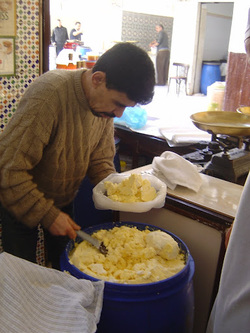 getting butter for a customer While I was living in Morocco, I found two different ways to get butter.
The way most Americans are familiar with is buying it at the store. Whereas in America butter usually comes wrapped in wax paper and packaged inside a paper carton, it comes wrapped just in foil if you buy it in the large grocery stores in Morocco. Butter in America is usually cut into neat little blocks with markings on the wax paper for every tablespoon. The butter in Morocco sometimes is in neat little blocks, but sometimes it comes as roughly block shaped. There are usually markings under the edge of the foil for every 25 grams.
Butter can also be bought in another form in Morocco. The hanut (rhymes with hoot), the small neighborhood stores, don't sell butter in block shape. They have a large block or contain of butter that can easily way in the tens of kilograms or more. You tell them how many grams of butter you want. The shopkeep will then cut off the amount of butter you want, wrap it in butcher paper, and give it to you. Needless to say, there are no convenient markings telling you how much is a tablespoon or 25 grams.
This topic is in response to a request made by a good friend. You, too, can be a good friend if you send $9.95 to...I mean, if you go to the Write to Me! page and send me a topic request.
Like most of my friends, I have a lot of books. The last time I moved in the states, I had to figure out what to do with several bookcases of them. I've found that it's very difficult to carry these books around with me everywhere I travel. I've since changed over to ebooks because I can fit hundreds of books on my computer or phone. They're not as enjoyable as holding the physical books, but they also take up a lot less space in my suitcase.
Even ebooks aren't a perfect solution. Sometimes I need to use a book on a different device or I need a hard copy of something because I'm travelling somewhere that doesn't have internet or electricity. After much research, I've found a solution. I've started using a program called Calibri to manage all of my ebooks. Calibri is available for Linux, Mac, PC, and even USB drives. One of my favorite features is that it lets you convert ebooks between different formats including iBooks, Kindle, and PDF. This has let me read my books on the computer and various phones including Nokia, Android, and iPhone. Unfortunately, digital rights management and anti-copying measures can make it difficult to read your books the way you want or where you want. Device or software manufacturers can also delete books you own from your collection after you've paid for them if the books have DRM. If your book has DRM, if the company who makes the reader software stops making it, you can no longer read your books. Maybe you need to print off a couple pages for a presentation. Have you ever been given a book by someone before they died or inherited a book after someone died? Can't do that if there's DRM. Thankfully, Apprentice Alf has found a way to remove the DRM so you can enjoy your books the way they were meant to be: at your leasure. **Please note that this process only removes DRM when a book is imported into Calibri; it won't work on books already imported Here's the step by step: - Download Calibri
- Install Calibri
- Download the latest version of tools
- Unzip tools to a folder. A safe place to keep it is your "My Documents" folder
- Open Calibri
- Click on "Preferences" in the upper right corner
- Under "Advanced", click on "Plug-ins"
- Click on "Load plug-in from file" in the lower right corner
- In the new window, go to the tools folder
- Go to the "Calibri_Plugins" folder
- Select the first file (eReaderPDB2PML)
- Click "Open"
- Click "Yes"
- Click "OK"
- Repeat steps 8-14 for the other files
- Click "Apply" in the upper left corner
- Click "Close" in the lower right corner
- Congratulations, you're done!
You should have done steps 8-14 for each of these files: - eReaderPDB2PML
- ignobleepub
- ineptepub
- ineptpdf
- K4MobileDeDRM
To remove the DRM from an ebook, import it into Calibri: - Open Calibri
- Click on "Add Books" in the upper left corner
- Choose your book
- Click "Open"
To change the format of an ebook: - Open Calibri
- Find the book
- Right-click the book
- Choose "Convert books"
- Choose "Convert individually"
- In the upper right corner it says Output format and has an option next to it
- Choose the format you want: EPUB for iBooks, MOBI for Kindle, PDF for pdf, etc
- Click "OK"
To copy an ebook to a folder: - Open Calibri
- Find the book
- Click "Save to disc"
- Choose where you want to save the book
- Click "OK"
I've been looking and looking and I finally found a nice little art store here in Paris! The name is Loisirs et Création. The one I found is at Centre Commercial (Mall) Passy Plaza. The nearest metros are Line 6: Passy, Line 9: La Muette, and RER C: Boulainvilliers. They are the first place I've found that has Fimo, that means I can now get back into making prototypes for pewter casting! I don't have the equipment to do the pewter casting itself, but I can at least improve my skills by making prototypes. They also have fabric glue at a good price, which means I can attach the backlog of patches I have to my instrument case. There is also a nice variety of brushes, drawing supplies, painting supplies, beading supplies, fabric paints, etc. Admittedly, they aren't the largest of stores, but they have a fair amount of what most people need, especially me :) It's the closest thing to a Michaels that I've found in Paris. They have some other sites at C.C. (Centre Commercial) Crétail Soleil, C.C. Evry II in Evry, and C.C. Les Passages in Boulogne. Loisirs et CréationsC.C. Passy Plaza Galerie Commerciale Passy Plaza 53 rue de Passy 75016 Paris M 6: Passy M 9: La Muette RER C: Boulainvilliers | |
|

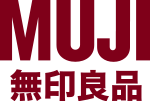
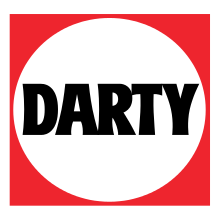
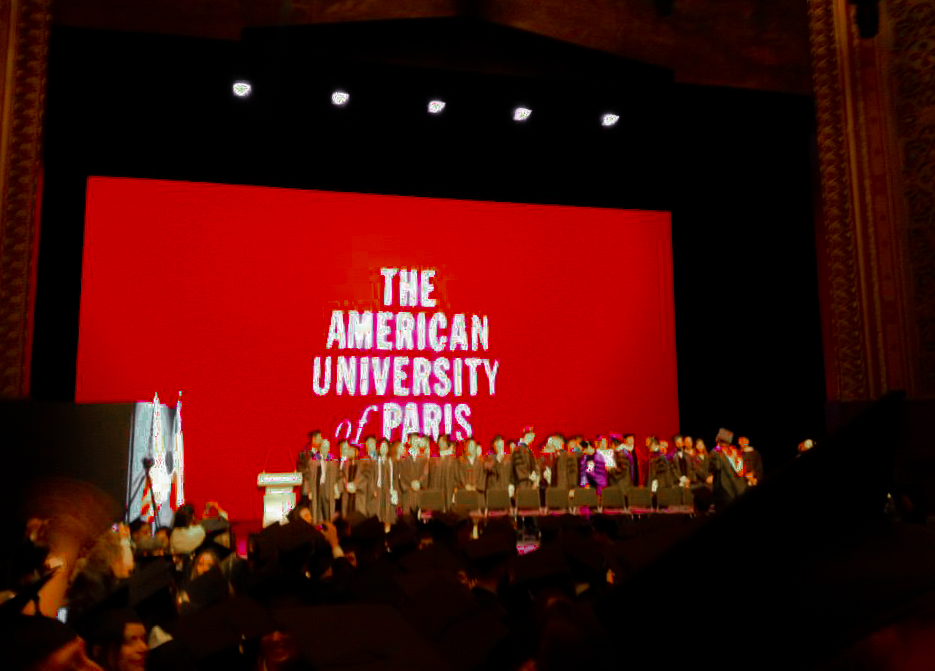
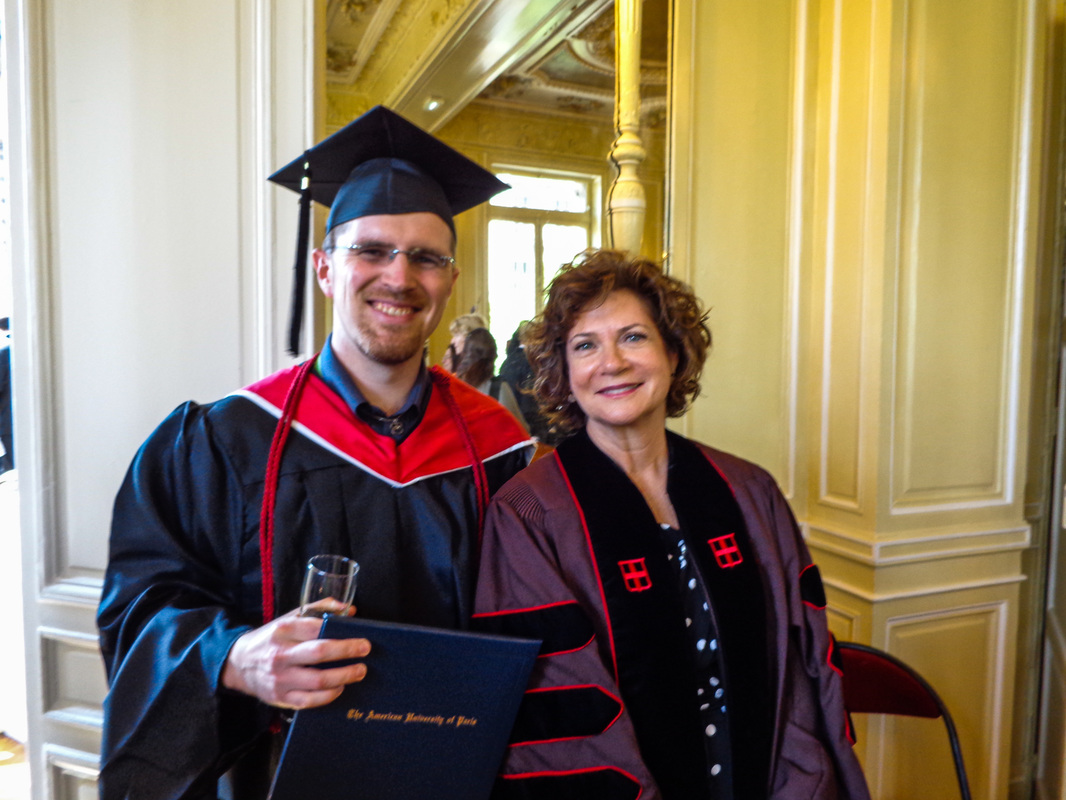
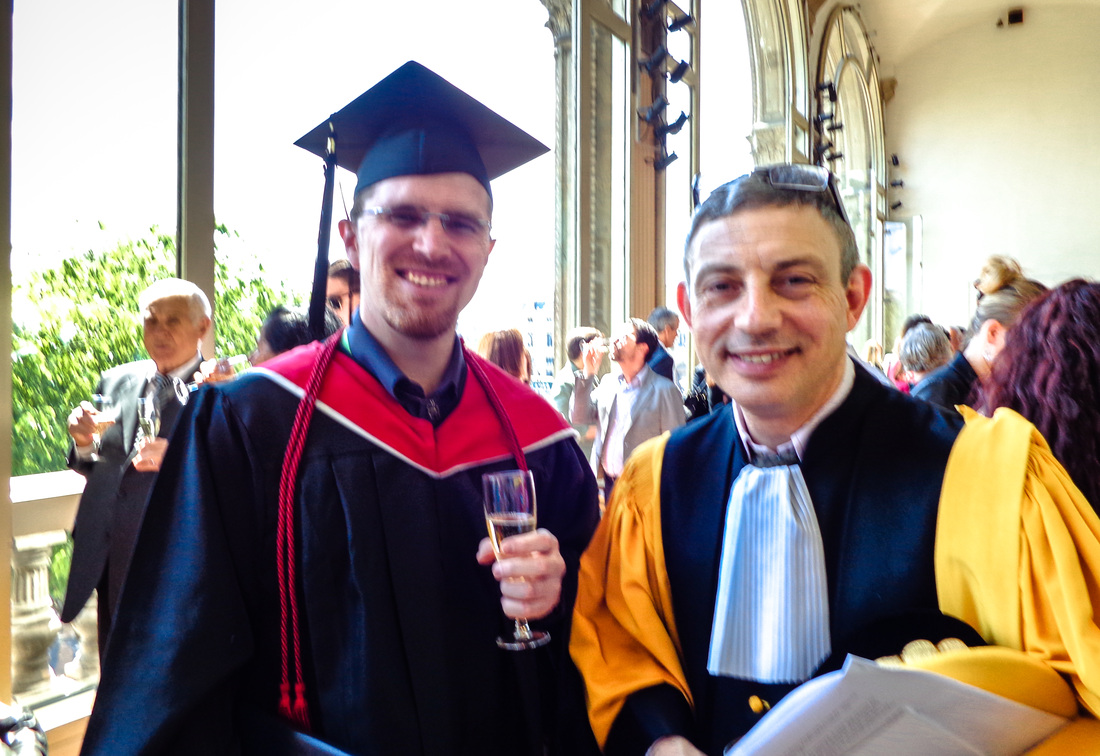
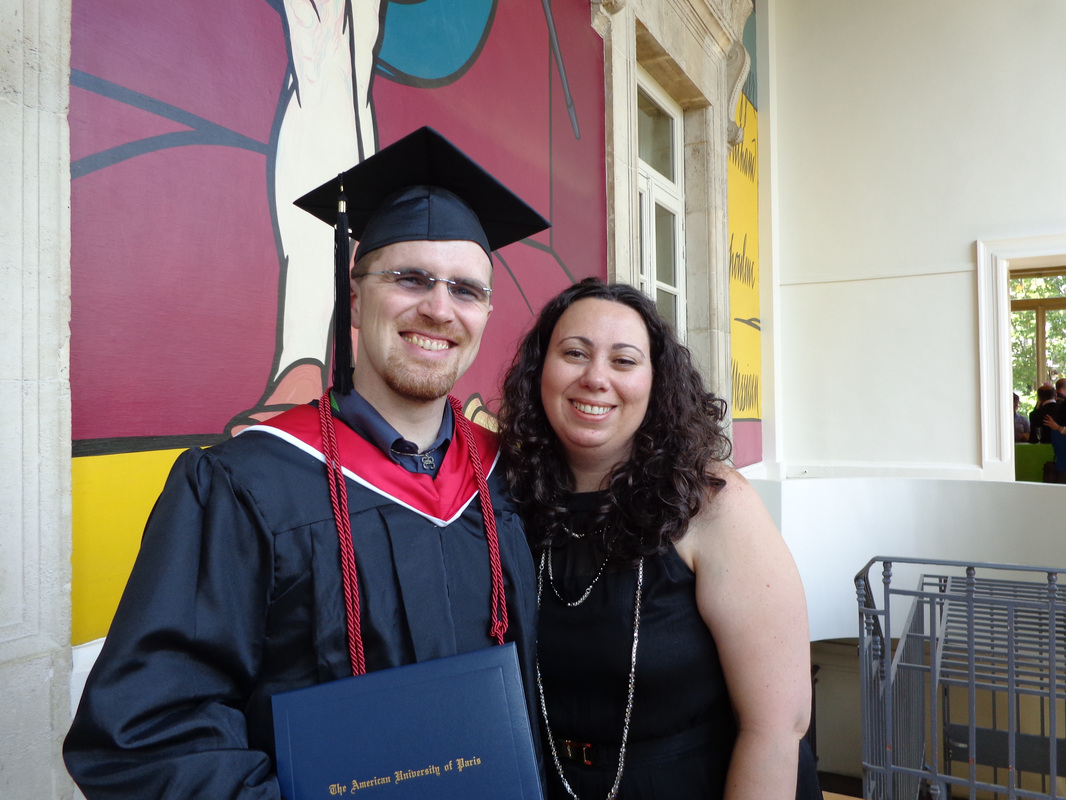
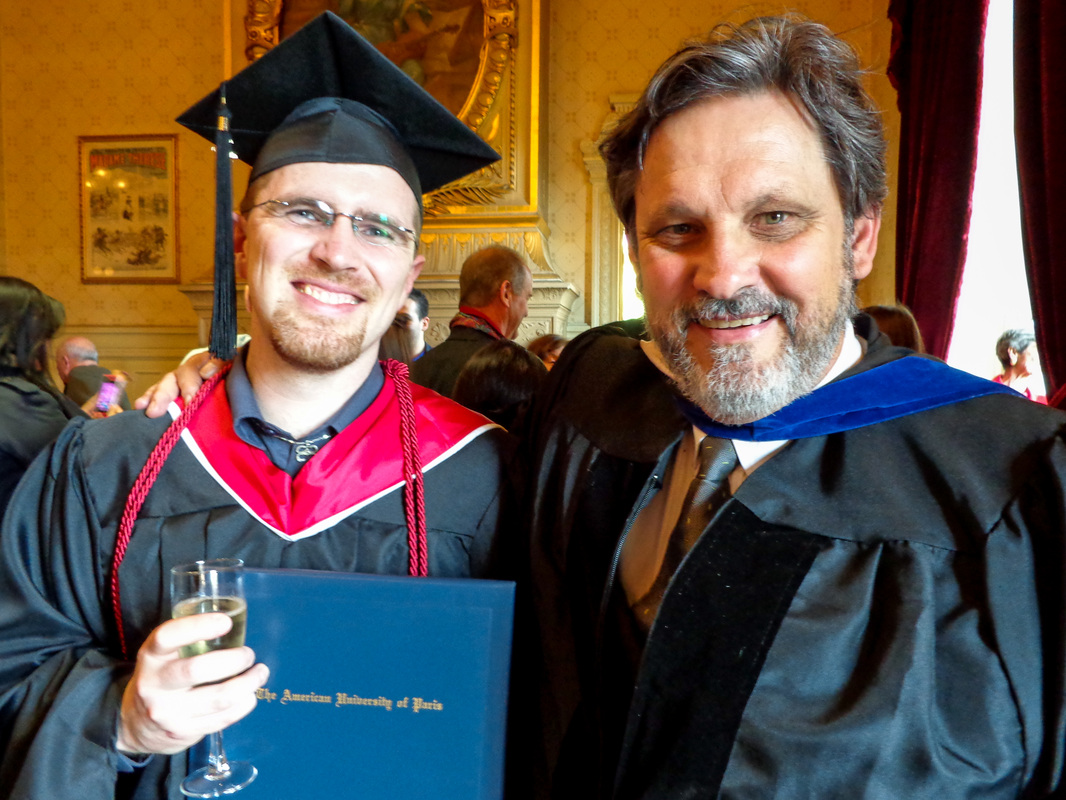
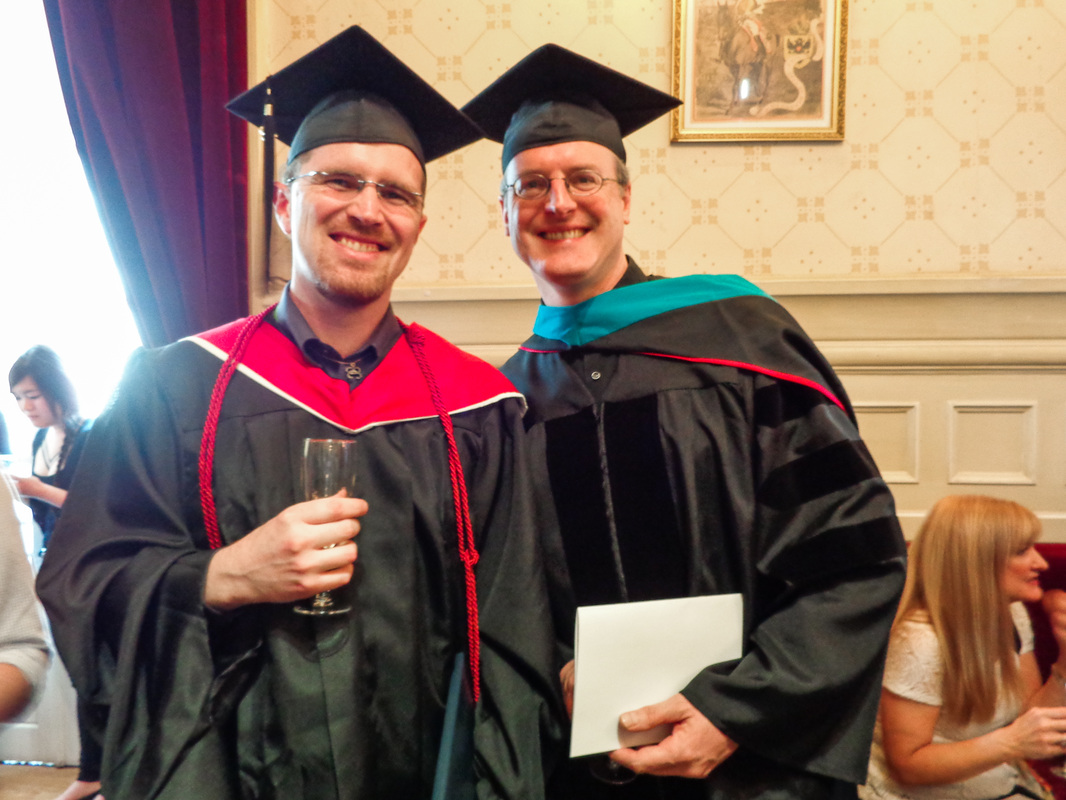
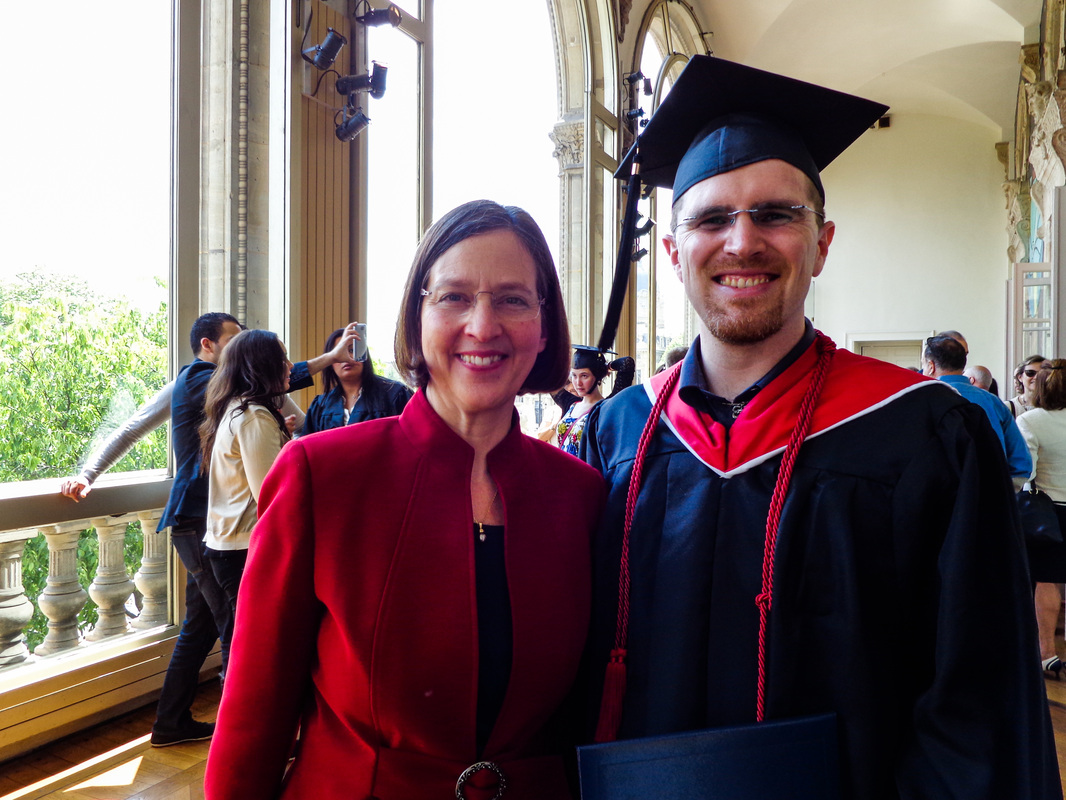
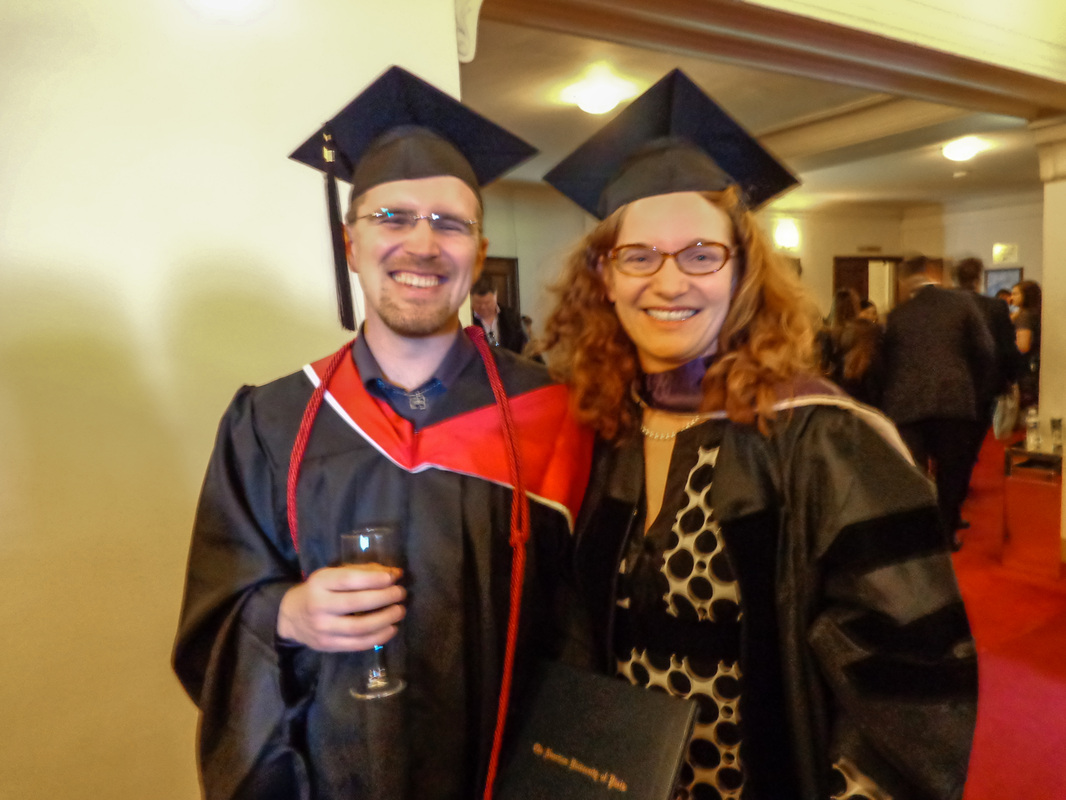




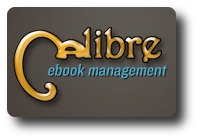

 RSS Feed
RSS Feed